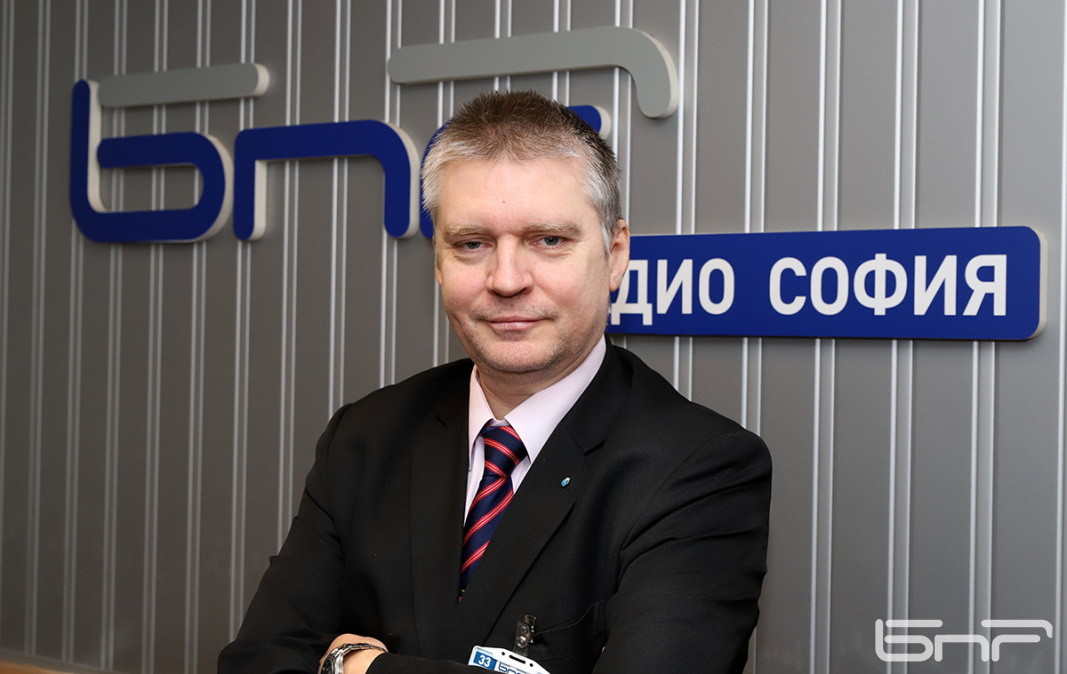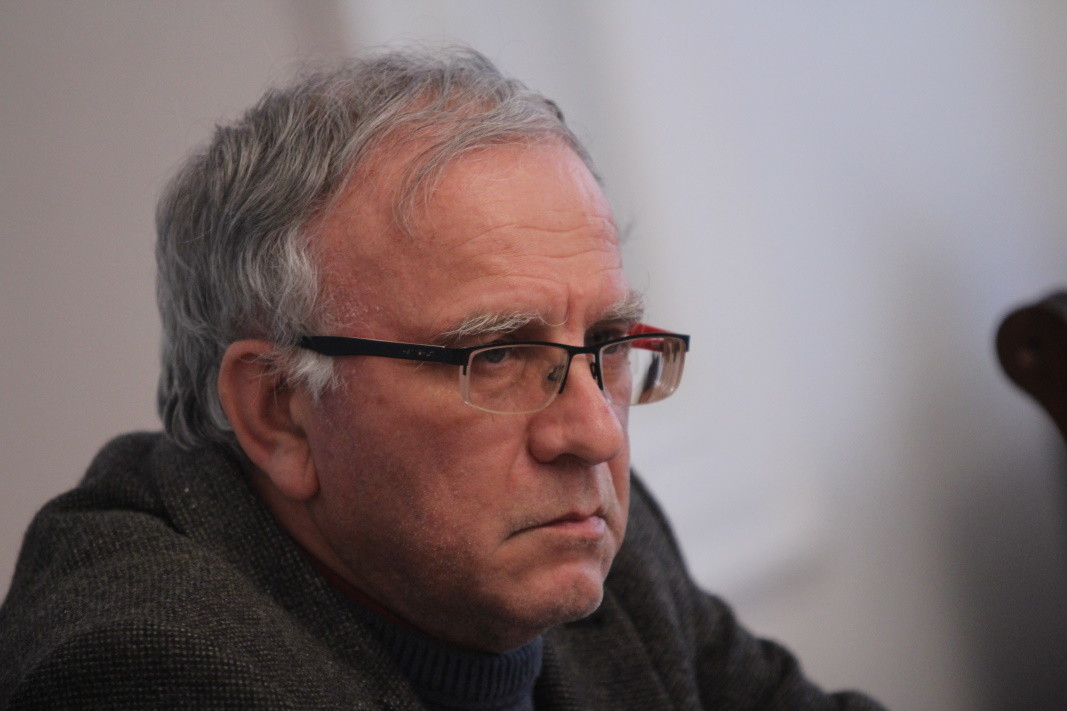Will the candidates for the new parliament be able to get the better of the most powerful player at these elections – the coronavirus epidemic and model voter attitudes in their own favour? A question even sociologists and political experts are wary of answering, their evasiveness being a sure sign of just how unpredictable the upcoming election is going to be.
Political PR expert Lubomir Alamanov describes the election campaign as bizarre, and adds that it has been a long time since he has seen such an overflowing basket of promises. “If they live up to just 10% of what has been flowing, then in about a year’s time we shall be living in some kind of paradise,” he said for BNR-Plovdiv.

“The parties are a bit rattled because people have started to realize that the political system model now in place is growing distorted,” Lubomir Alamanov says. “These aren’t conventional parties – they are advocacy groups which are not upholding any given values or policies, they are defending their hankering to be in power. The protests, the Covid crisis, the things that have been happening in the past 1-2 years have made people highly sceptical. This is one of the reasons why there are so many non-party nominations (citizen quotas) on the party lists. This fact may be understandable for some of the new political formations, though it is absolutely incomprehensible when it comes to the old parties which have been in power and which ought to have structures and people to put on top of their lists.”
He describes the lists brimming with actors, athletes, influencers as a crude kind of bait voters are not going to go for. This is true, in part, of the doctors running for parliament, names that gained a great deal of popularity during the epidemic who are now being used as “stool pigeons put there to attract a vote or two.”
“It should not be forgotten that some political forces have had many terms in parliament and if they wanted to conduct reforms they would have done so by now, so it is not a question of having one or two doctors,” Lubomir Alamanov comments. “At the moment people are not really listening to pre-election promises because they are worried and they are frightened. We allknow someone affectedby the virus, someone who is out of a job, someone who fears for their future. These worries may push them to vote for the devil they know instead of for a hope they do not, maybe.”
According to sociologist Tsvetozar Tomov low voter turnout, fear of going to the polls serves well the purpose of those in power – as elections approach tensions connected with Covid-19 are escalating. However if things acquire catastrophic proportions that could play a nasty trick on them, he commented for BNR-Varna.

“We are heading for the worst peak of the epidemic and it is going to happen around the date of the elections,” Tsvetozar Tomov says further. “At the same time the vaccination rollout is stalling, the number of infections, of hospitalizations, of quarantines is surging, tensions connected with Covid-19 are building up. As the elections approach the death rate will grow – it follows the peak of infections by a few weeks. So, it would be very difficult to predict to what an extent this will alter the current picture registered by social surveys. ”
Tsvetozar Tomov predicts elections in an atmpshere of fear and of growing distrust of the government, and adds that fear may affect voter turnout, bringing it down dramatically, while mistrust of the administration could mobilize “penalty voting”.
“But it is my biggest fear that after these elections the political tensions in the country will grow,” he adds.
Interviews by BNR-Plovdiv and BNR-Varna
Editing by Diana Tsankova
Translated from the Bulgarian by Milena Daynova
Photos: BNR-library and BGNES"The last one to quit wins. If we believe and want democracy in Bulgaria to win..., we must persevere, even though it's discouraging," Izabela Shopova from Brisbane, Australia tells Radio Bulgaria Nearly 6,000 people identified themselves as..
On the threshold of the sixth early parliamentary elections in less than three years, the fatigue of the Bulgarian citizens from the administrative hopelessness is visible . This seems to be the case in the political arena as well - proof is the..
"We need unity and togetherness. For us, Bulgaria is our family, it is our home" - Zdravka Vladova-Momcheva, a Bulgarian living in Britain, told Radio Bulgaria. Ten days ago she was in Sofia to receive another award from the Executive Agency for..
The members of parliament will continue their session at 10 AM on November 22, following yet another unsuccessful attempt to elect a Speaker of the..
The coalition We Continue the Change-Democratic Bulgaria (PP-DB) , which came second in the October 27 parliamentary elections, has accepted an invitation..
A new party called Bulgaria Can (Bulgaria Mozhe) was founded today. Its leaders are the political and economics analyst Kuzman Iliev and the former MP..

+359 2 9336 661
